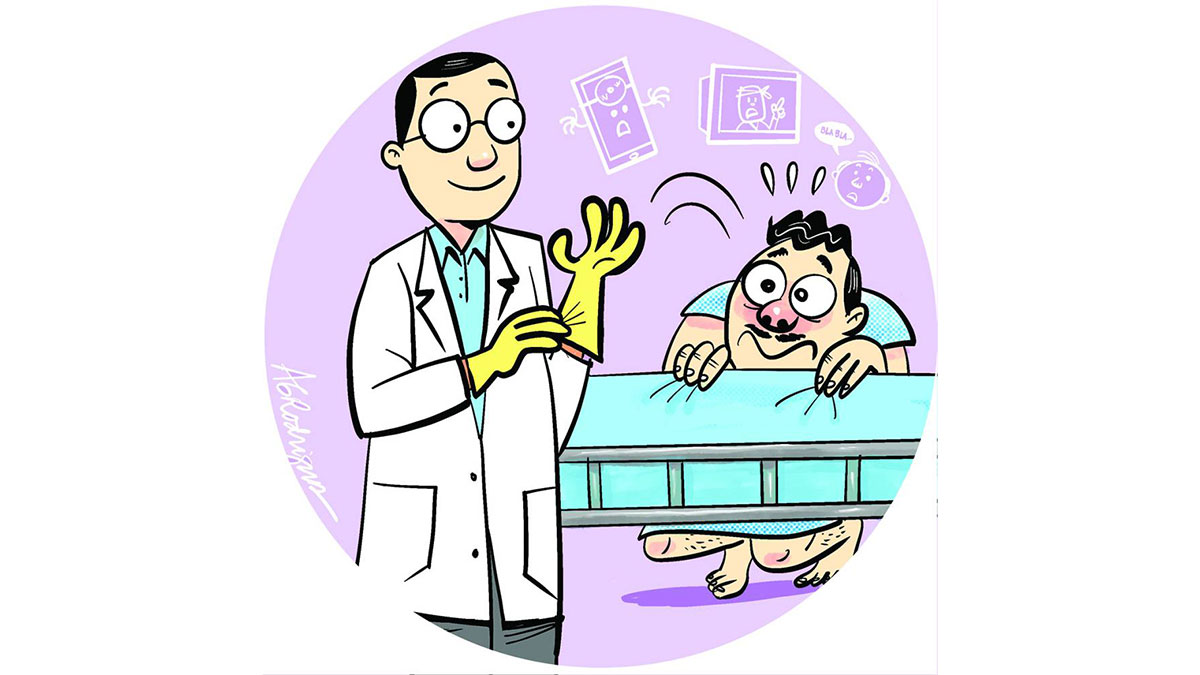
New research has suggested that measuring levels of “bad” cholesterol after a heart attack or stroke can significantly reduce the risk of suffering another attack.
Carried out by researchers at the Intermountain Medical Center Heart Institute in Salt Lake City, the new research looked at more than 62,070 patients with an average age of 66 years old.
Of those who met the criteria, 69.3 percent had coronary artery disease, 18.6 percent had cerebrovascular disease, and 12.1 percent had peripheral arterial disease when they came to hospital with their first heart attack or stroke.
The researchers looked at patients who survived and followed them for three years or more or until their death, analyzing patient demographics, history, prescribed medications, and whether they had a low-density lipoprotein (LDL) cholesterol test after the event.
LDL, also known as “bad” cholesterol, becomes part of the plaque that clogs arteries and increases the risk of heart attacks and strokes.
However, the team found that those who had a follow-up LDL test with their doctor had a significantly lower risk of suffering a second heart attack or stroke or dying than those who didn’t have a follow-up test.
“The large difference is surprising,” said lead author of the study Dr. Kirk U. Knowlton. “The risk of dying after three years with no LDL follow-up is 21 percent versus 5.9 percent for patients who have an LDL follow-up.”
The team commented that the results of the study suggest that LDL cholesterol levels should be regularly measured by doctors after an initial heart attack or stroke.
The results also showed that risk of another event was lower for patients who took cholesterol-lowering statins, with Dr. Knowlton adding, “It’s clear that anyone with a previous heart problem caused by clogged arteries should be taking a cholesterol-lowering medication.”
“Patients need to know that if they’ve had a cardiovascular event, continuing to take their medications will not only lower their LDL, but substantially lower their risk of having another event,” he continued. “We need to emphasize to doctors how important it is to follow up therapy for patients with measurement of their LDL cholesterol. And patients need to talk to or ask their doctors about the test, especially if they’ve had a heart attack or stroke.”
Results of the research were presented at the 2017 Scientific Sessions of the American Heart Association, in Anaheim, California on Nov. 12. JB
RELATED STORY:
World Diabetes Day 2017: Facts, figures and what to know about prevention














































